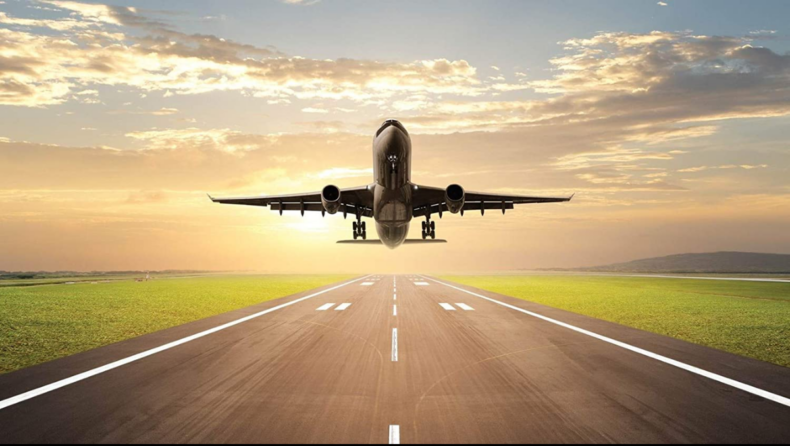DGCA chief Arun Kumar ensures that the Indian aviation sector is safe, stating that the technical difficulties faced are routine and occur in all types of fleet in all airlines.
Arun Kumar, the chief of aviation watchdog DGCA, stated on Sunday that technical difficulties encountered by domestic carriers in recent weeks did not have the capacity to cause major disruptions and that even foreign airlines that flew into India reported 15 technical complications in the previous 16 days, which have been attended to and fixed.

According to him, the nation’s civil aviation space is completely safe and adheres to all protocols set forth by the International Civil Aviation Organisation (ICAO).
In light of the recent string of technical difficulties faced by Indian airlines and the DGCA’s decision to stop SpiceJet’s operations, Kumar emphasised that there is no need for panic because none of the incidents that have been reported or discussed have the potential to cause mayhem.
In an interview with PTI, Kumar said that all of the difficulties encountered are common and affect all airlines and fleet types.
It was not disclosed what specific difficulties the international carriers encountered.
In Kumar’s opinion, the difficulties that the international operators ran into, were comparable to those that the Indian carriers faced.
More than a dozen recent incidents of Indian carriers running into technical difficulties have come to light, particularly in the case of SpiceJet, and the Directorate General of Civil Aviation (DGCA) is closely monitoring the events.
According to Kumar, the majority of them (recent technical hiccups) required debugging and replacement of some components, such as a windshield owing to an exterior layer fracture, a faulty valve, a high-pressure switch, a landing gear uplock, a hydraulic accumulator, or an engine.
DGCA audit on SpiceJet
In response to an uptick in technical difficulties, the regulator has begun a two-month special audit of airlines to identify any potential problems and has, among other things, scaled back SpiceJet’s operations.
The domestic civil aviation industry is recovering after being badly damaged by the coronavirus pandemic, and on average, there are more than 6,000 aircraft movements each day in Indian airspace.
If overflying aircraft were included, there would be more than 7,000 total movements.
Aircraft movements include landings as well as departures.
According to the civil aviation ministry, 150 incidents involving scheduled airline aircraft occurred in the three months from April 1 to June 30 of this year as a result of component and system malfunctions.
The DGCA conducted a special drive of 353 spot checks from May 2 to July 13.
There are hundreds of thousands of components in an aircraft, and Kumar emphasised that the aviation industry is process-driven, adding that just because one or two components have problems does not usually imply that there are high risks or the potential for deadly occurrences.
He added that it would be naive to expect that an aircraft that has flown for 40–50 thousand hours till it is airworthy will not encounter technical difficulties.
Following a string of technical problems with the carrier’s plane, on July 27, the DGCA ordered SpiceJet to fly only 50 percent of its flights for eight weeks and opted to maintain increased oversight of the company.
On the same day, SpiceJet released a statement claiming that there would be no impact on its flight operations and that the airline, like others, has already rescheduled its flight operations due to the current lean travel season.
Opposition
In response to concerns raised by some that the DGCA’s action against SpiceJet was insufficient, Kumar stated that he is not here to shut down airlines and that his role is to take action to ensure efficient and safe flying.
The DGCA chief further noted that, in comparison to many other nations, the Indian carrier fleet is primarily young. Safety is always a priority, and any scenario must be prevented from getting worse.
The DGCA’s safety oversight process incorporates regulatory audits, spot checks, and surveillance as part of its annual surveillance program.
On July 28, Jyotiraditya Scindia, the civil aviation minister, revealed to the Lok Sabha that 478 technical issues in total had been reported in the previous year, which ran from July 1, 2021, to June 30, 2022.













